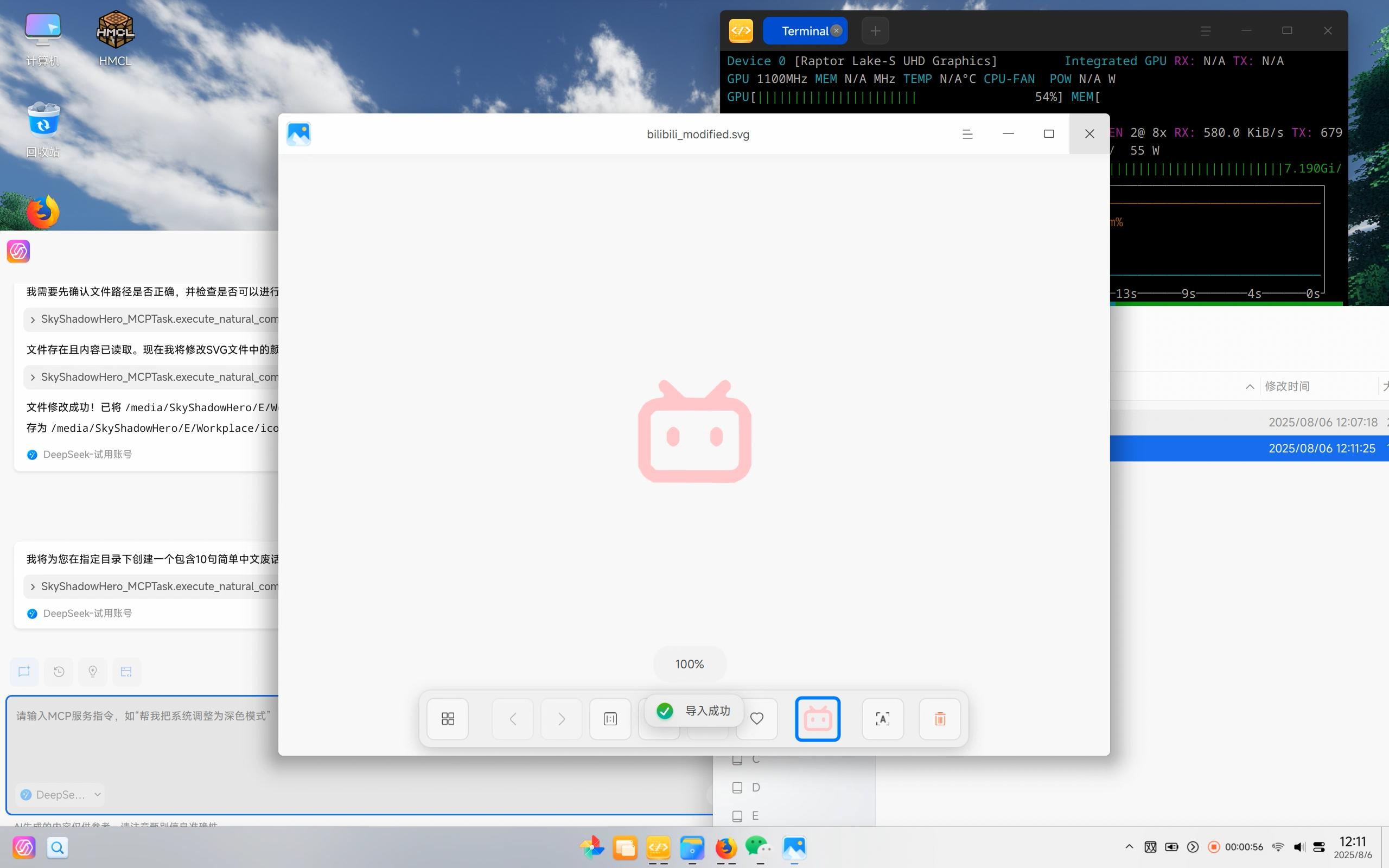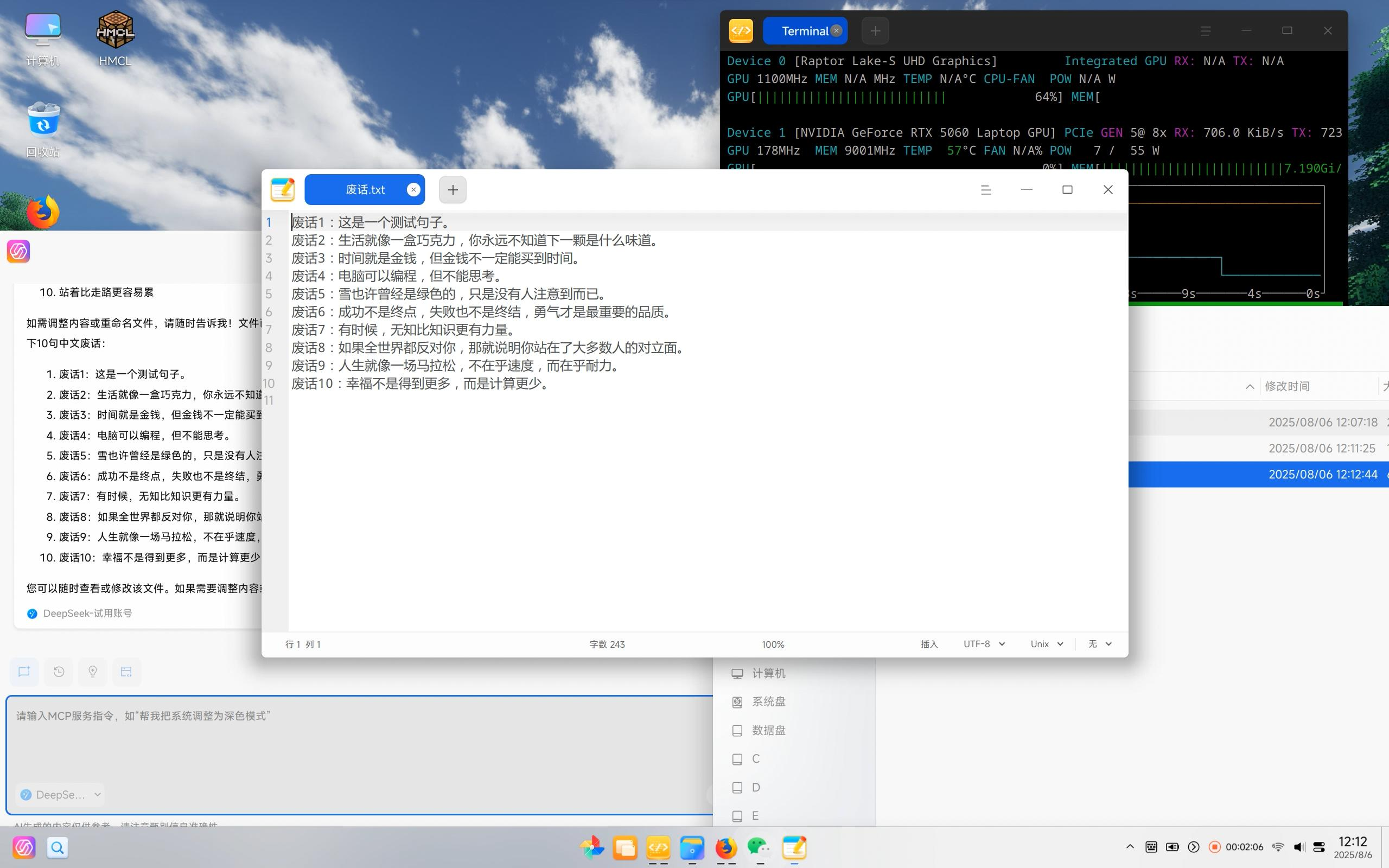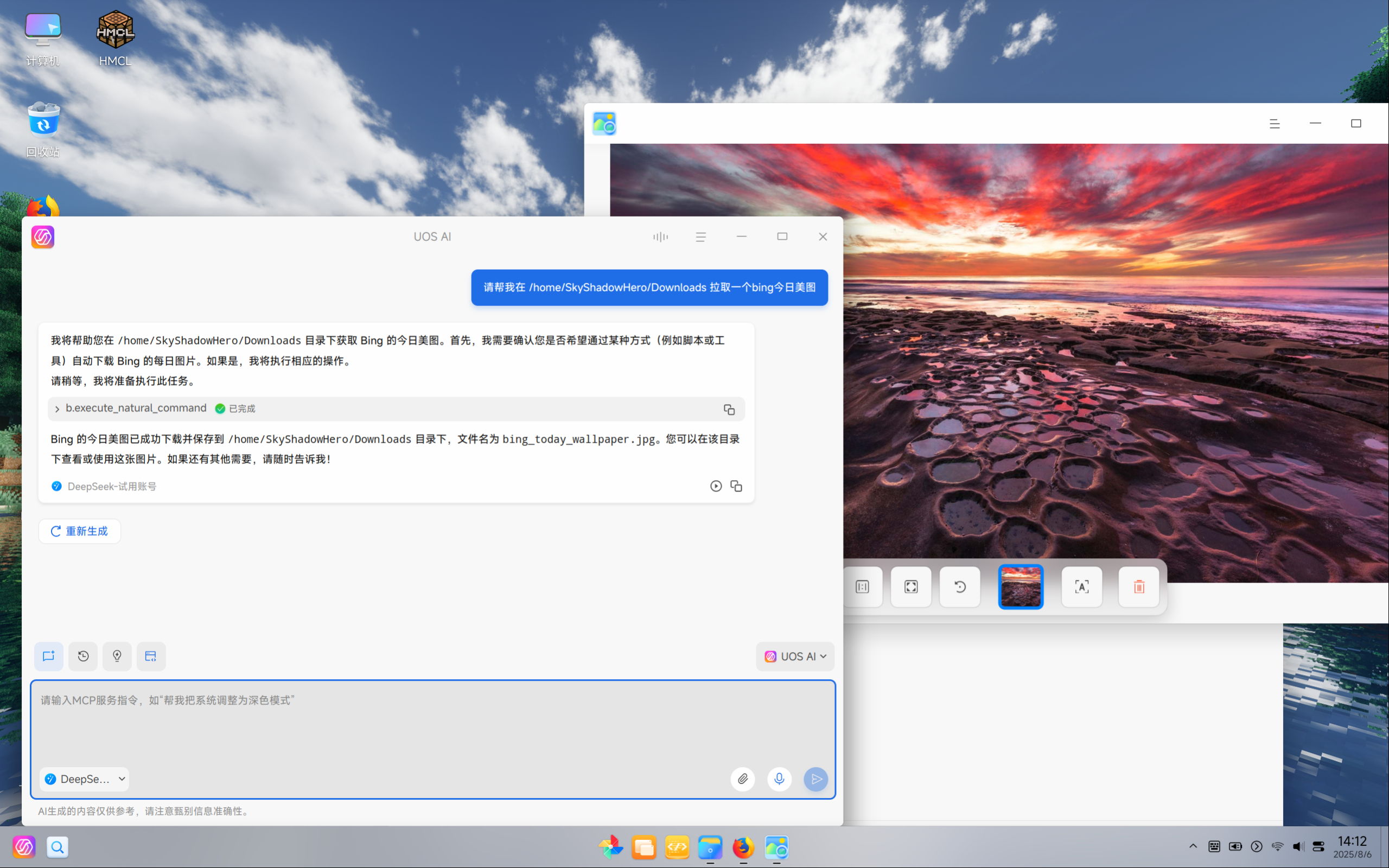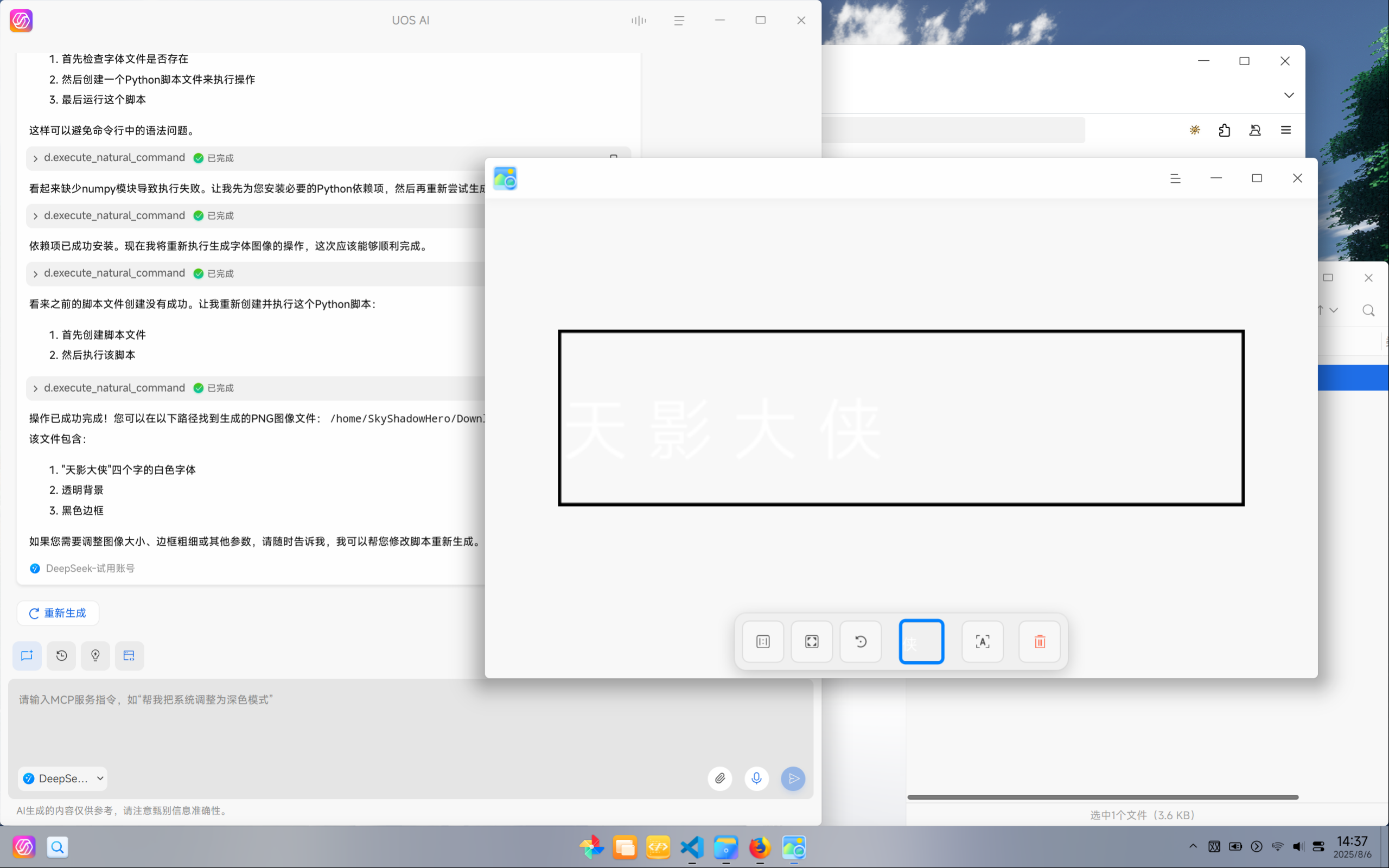1
2
3
4
5
6
7
8
9
10
11
12
13
14
15
16
17
18
19
20
21
22
23
24
25
26
27
28
29
30
31
32
33
34
35
36
37
38
39
40
41
42
43
44
45
46
47
48
49
50
51
52
53
54
55
56
57
58
59
60
61
62
63
64
65
66
67
68
69
70
71
72
73
74
75
76
77
78
79
80
81
82
83
84
85
86
87
88
89
90
91
92
93
94
95
96
97
98
99
100
101
102
103
104
105
106
107
108
109
110
111
112
113
114
115
116
117
118
119
120
121
122
123
124
125
126
127
128
129
130
131
132
133
134
135
136
137
138
139
140
141
142
143
144
145
146
147
148
149
150
151
152
153
154
155
156
157
158
159
160
161
162
163
164
165
166
167
168
169
170
171
172
173
174
175
176
177
178
179
180
181
182
183
184
185
186
187
188
189
190
191
192
193
194
195
196
197
198
199
200
201
202
203
204
205
206
207
208
209
210
211
212
213
214
215
216
217
218
219
220
221
222
223
224
225
226
227
228
229
230
231
232
233
234
235
236
237
238
239
240
241
242
243
244
245
246
247
248
249
250
251
252
253
254
255
256
257
258
259
260
261
262
263
264
265
266
267
268
269
270
271
272
273
274
275
276
277
278
279
280
281
282
283
284
285
286
287
288
289
290
291
292
293
294
295
296
297
298
299
300
301
302
303
304
305
306
307
308
309
310
311
312
313
314
315
316
317
318
319
320
321
322
323
324
325
326
327
328
329
330
331
332
333
334
335
336
337
338
339
340
341
342
343
344
345
346
347
348
349
350
351
352
353
354
355
356
357
358
359
360
361
362
363
364
365
366
367
368
369
370
371
372
373
374
375
376
377
378
379
380
381
382
383
384
385
386
387
388
389
390
391
392
393
394
395
396
397
398
| import os
import re
import sys
import json
import logging
import subprocess
import datetime
from pathlib import Path
from typing import Dict, Any, Optional, Set, Tuple
from mcp.server.fastmcp import FastMCP, Context
from langchain_community.llms import Ollama
from pydantic import BaseModel, Field
logger = logging.getLogger(__name__)
mcp = FastMCP(name="SkyShadowHero Task Execution Server")
class ExecutionStage(BaseModel):
code_generation: str
dependency_installation: str
execution: str
class ExecutionResult(BaseModel):
stages: ExecutionStage
code: str
output: str
error: str
work_dir: str
returncode: int
class ServerInfo(BaseModel):
name: str
model: Optional[str]
status: str
class CommandOutput(BaseModel):
status: str
result: ExecutionResult
server: ServerInfo
class MCPConfig:
_instance = None
config_path = Path(__file__).parent / "mcp_config.json"
def __new__(cls):
if cls._instance is None:
cls._instance = super().__new__(cls)
cls._instance.load_config()
return cls._instance
def load_config(self):
if not self.config_path.exists():
self.config = {
"mcpServers": {
"default": {
"model": "deepseek-coder-v2:16b",
"task_templates": {
"file_operations": {
"prompt": (
"你是一个顶级的Python自动化专家。你的任务是根据用户的自然语言指令,生成一段完整、健壮、可直接在标准Python环境中执行的脚本。你拥有完全的创作自由,但必须严格遵守以下规范。\n\n"
"## 用户指令:\n"
"{task}\n\n"
"## 代码生成规范 (必须严格遵守):\n"
"1. **【代码纯净性】**: 你的输出必须是纯粹的Python代码。绝对禁止包含任何Markdown标记,尤其是 ` ```python ` 和 ` ``` `。\n"
"2. **【依赖声明】**: 如果代码需要任何第三方库 (例如 `requests`, `pandas`),必须在代码的最开始,使用 `# REQUIRE: <package_name>` 的格式进行声明。**每个依赖独立一行**。如果不需要任何第三方库,则完全不要写 `# REQUIRE:` 注释。\n"
"3. **【日志记录】**: 必须使用Python的 `logging` 模块。在脚本开始处配置好 `basicConfig`,确保日志同时输出到控制台(stdout)和当前工作目录下的 `task.log` 文件。在关键步骤和任何 `except` 块中,都必须使用 `logging.info()` 或 `logging.error()` 进行记录。\n"
"4. **【错误处理】**: 所有可能失败的操作都必须被包含在 `try...except Exception as e:` 块中。\n"
"5. **【成功信号】**: 在脚本所有操作成功完成的最后,必须调用 `print(\"任务成功完成\")`。\n"
"6. **【完整性】**: 生成的代码必须是完整的、自包含的,包含所有必要的 `import` 语句。\n\n"
"现在,请根据用户指令生成代码。"
),
}
}
}
}
}
self.save_config()
else:
with open(self.config_path, 'r', encoding='utf-8') as f:
self.config = json.load(f)
def save_config(self):
with open(self.config_path, 'w', encoding='utf-8') as f:
json.dump(self.config, f, indent=2, ensure_ascii=False)
def get_server(self, name: str) -> Optional[Dict[str, Any]]:
return self.config.get("mcpServers", {}).get(name)
class TaskWorkflow:
def __init__(self):
self.config = MCPConfig().config
self.llm_cache = {}
self.standard_libs = self._get_standard_libs()
script_dir = Path(__file__).parent.resolve()
self.shared_work_dir = script_dir / "mcp_tasks"
self.shared_work_dir.mkdir(exist_ok=True)
logger.info("正在初始化并检查共享虚拟环境...")
try:
self.venv_path = self.shared_work_dir / "venv"
self.python_executable, self.pip_executable = self._create_virtual_env(str(self.venv_path))
logger.info(f"共享虚拟环境已就绪。Python: {self.python_executable}, Pip: {self.pip_executable}")
except Exception as e:
logger.error(f"初始化共享虚拟环境失败: {e}", exc_info=True)
raise RuntimeError(f"无法创建或验证共享虚拟环境,服务无法启动。错误: {e}")
def _get_standard_libs(self) -> Set[str]:
common_libs = {'os', 'sys', 'json', 're', 'logging', 'subprocess', 'pathlib', 'datetime', 'time', 'math', 'random', 'collections', 'itertools', 'functools', 'glob', 'shutil', 'tempfile', 'argparse', 'typing', '__future__'}
if sys.version_info >= (3, 10):
try:
from sys import stdlib_module_names
return set(stdlib_module_names)
except ImportError:
return common_libs
return common_libs
async def get_llm(self, model_name: str) -> Ollama:
if model_name not in self.llm_cache:
logger.info(f"正在加载模型: {model_name}")
self.llm_cache[model_name] = Ollama(model=model_name, temperature=0.1, top_p=0.9, timeout=300)
return self.llm_cache[model_name]
def _create_virtual_env(self, venv_path_str: str) -> Tuple[str, str]:
venv_path = Path(venv_path_str)
if sys.platform == "win32":
python_exe = venv_path / 'Scripts' / 'python.exe'
pip_exe = venv_path / 'Scripts' / 'pip.exe'
else:
python_exe = venv_path / 'bin' / 'python'
pip_exe = venv_path / 'bin' / 'pip'
if not python_exe.exists() or not pip_exe.exists():
logger.info(f"共享虚拟环境不完整或不存在,正在创建于: {venv_path_str}")
try:
subprocess.run(
[sys.executable, "-m", "venv", venv_path_str],
check=True, capture_output=True, text=True, timeout=120
)
except subprocess.CalledProcessError as e:
logger.error(f"创建虚拟环境失败: {e.stderr}")
raise RuntimeError(f"创建虚拟环境失败,错误: {e.stderr}")
if not python_exe.exists() or not pip_exe.exists():
raise FileNotFoundError(f"虚拟环境创建后,未找到 Python/Pip 可执行文件。")
logger.info("虚拟环境验证成功。")
return str(python_exe), str(pip_exe)
def _post_process_code(self, generated_code: str) -> Tuple[str, Set[str]]:
cleaned_code = re.sub(r"```python\n|```", "", generated_code).strip()
required_deps = set(re.findall(r"#\s*REQUIRE:\s*(\S+)", cleaned_code))
final_code = "\n".join([line for line in cleaned_code.split('\n') if not line.strip().startswith("# REQUIRE:")])
logger.info(f"代码后处理完成。提取的依赖: {required_deps or '无'}。")
return final_code.strip(), required_deps
def _install_dependencies(self, deps: Set[str]):
if not deps:
logger.info("代码中未发现 # REQUIRE: 声明,跳过依赖安装。")
return
deps_to_install = {dep for dep in deps if dep.lower() not in self.standard_libs}
if not deps_to_install:
logger.info(f"所有声明的依赖 {list(deps)} 均为标准库,无需安装。")
return
command = [self.pip_executable, "install", *deps_to_install]
logger.info(f"执行依赖安装命令: {' '.join(command)}")
result = subprocess.run(
command,
cwd=str(self.shared_work_dir),
capture_output=True,
text=True,
timeout=300,
check=False,
encoding='utf-8',
)
if result.returncode != 0:
error_message = f"依赖安装失败: {result.stderr}"
logger.error(error_message)
raise RuntimeError(error_message)
logger.info(f"依赖 {list(deps_to_install)} 安装成功。")
def _execute_code(self, code_to_execute: str, task_work_dir: str) -> Dict[str, Any]:
script_name = "generated_script.py"
code_path = os.path.join(task_work_dir, script_name)
with open(code_path, "w", encoding="utf-8") as f:
f.write(code_to_execute)
logger.info(f"最终执行的脚本已保存至: {code_path}")
command = [self.python_executable, script_name]
logger.info(f"执行代码命令: {' '.join(command)}")
result = subprocess.run(
command,
cwd=task_work_dir,
capture_output=True,
text=True,
timeout=300,
check=False,
encoding='utf-8',
)
return {"output": result.stdout, "error": result.stderr, "returncode": result.returncode}
def _is_direct_command(self, instruction: str) -> bool:
"""
【新】检查指令是否为直接的 shell 命令。
"""
common_commands = ['python', 'pip', 'uv', 'bash', 'sh', 'ls', 'rm', 'cp', 'mv', 'mkdir']
return any(instruction.strip().startswith(cmd) for cmd in common_commands)
def _execute_direct_command(self, command: str, task_work_dir: str) -> Dict[str, Any]:
"""
【新】在虚拟环境的上下文中直接执行 shell 命令。
"""
logger.info(f"检测到直接命令,将在虚拟环境中执行: {command}")
if sys.platform == "win32":
activate_script = Path(self.python_executable).parent / "activate.bat"
full_command = f'call "{activate_script}" && {command}'
else:
activate_script = Path(self.python_executable).parent / "activate"
full_command = f'. "{activate_script}" && {command}'
result = subprocess.run(
full_command,
cwd=task_work_dir,
capture_output=True,
text=True,
timeout=300,
check=False,
encoding='utf-8',
shell=True,
executable='/bin/bash' if sys.platform != "win32" else None
)
return {"output": result.stdout, "error": result.stderr, "returncode": result.returncode}
async def run_workflow(self, instruction: str, server_name: str, ctx: Context):
result = {
"stages": {
"code_generation": "pending",
"dependency_installation": "pending",
"execution": "pending"
},
"code": "", "output": "", "error": "", "work_dir": "", "returncode": -1
}
try:
timestamp = datetime.datetime.now().strftime("task_%Y%m%d_%H%M%S")
task_work_dir = self.shared_work_dir / timestamp
task_work_dir.mkdir(exist_ok=True)
result["work_dir"] = str(task_work_dir)
await ctx.info(f"任务工作目录已创建: {task_work_dir}")
if self._is_direct_command(instruction):
await ctx.info("检测到直接命令模式。")
result["stages"]["code_generation"] = "skipped (direct command)"
result["stages"]["dependency_installation"] = "skipped (direct command)"
result["code"] = f"# Direct Command Execution\n{instruction}"
result["stages"]["execution"] = "pending"
await ctx.info(f"正在直接执行命令: {instruction}")
exec_result = self._execute_direct_command(instruction, str(task_work_dir))
result.update(exec_result)
is_successful = exec_result.get("returncode") == 0
result["stages"]["execution"] = "success" if is_successful else "failed"
final_status = "success" if is_successful else "failed"
return {"status": final_status, "result": result, "server": {"name": server_name, "model": "N/A (Direct Command)", "status": "active"}}
await ctx.info("进入 LLM 代码生成模式。")
server_config = self.config.get("mcpServers", {}).get(server_name)
if not server_config: raise ValueError(f"服务器 '{server_name}' 未配置")
template = server_config["task_templates"]["file_operations"]
prompt = template["prompt"].format(task=instruction)
await ctx.info(f"正在使用模型 '{server_config['model']}' 生成代码...")
llm = await self.get_llm(server_config['model'])
generated_code = await llm.ainvoke(prompt)
result["stages"]["code_generation"] = "success"
await ctx.info("代码生成成功。")
pure_code, dependencies = self._post_process_code(generated_code)
result["code"] = pure_code
result["stages"]["dependency_installation"] = "pending"
await ctx.info(f"正在检查并安装依赖: {dependencies or '无'}")
self._install_dependencies(dependencies)
result["stages"]["dependency_installation"] = "success"
await ctx.info("所有依赖已就绪。")
result["stages"]["execution"] = "pending"
await ctx.info("正在执行生成的代码...")
exec_result = self._execute_code(pure_code, str(task_work_dir))
result.update(exec_result)
is_successful = "任务成功完成" in exec_result.get("output", "")
result["stages"]["execution"] = "success" if is_successful else "failed"
final_status = "success" if is_successful else "failed"
return {"status": final_status, "result": result, "server": {"name": server_name, "model": server_config.get("model"), "status": "active"}}
except Exception as e:
current_stage = next((s for s, status in result["stages"].items() if status == "pending"), "unknown")
result["stages"][current_stage] = "failed"
error_message = f"在 '{current_stage}' 阶段失败: {e}"
result["error"] = error_message
logger.error(error_message, exc_info=True)
await ctx.error(error_message)
for stage, status in result["stages"].items():
if status == "pending":
result["stages"][stage] = "skipped"
return {"status": "failed", "result": result, "server": {"name": server_name, "model": self.config.get("mcpServers", {}).get(server_name, {}).get("model"), "status": "error"}}
workflow_executor = TaskWorkflow()
@mcp.tool()
async def execute_natural_command(
instruction: str = Field(
description="用户用自然语言下达的、需要在本地计算机上执行的具体任务指令。例如:'在桌面上创建一个名为'todo.txt'的文件' 或 '将/home/user/docs目录下的所有.log文件压缩成一个zip包'。"
),
server: str = Field(default="default", description="要使用的服务器配置名称。"),
ctx: Context = Field(exclude=True)
) -> CommandOutput:
"""
当用户需要执行任何与文件、文件夹或系统相关的本地操作时,请使用此工具。
此工具接收一条自然语言指令,将其转换为可执行的Python代码,并在安全的虚拟环境中运行,然后返回详细的执行结果。
"""
try:
await ctx.info(f"收到指令,开始处理: '{instruction}'")
result_dict = await workflow_executor.run_workflow(
instruction=instruction,
server_name=server,
ctx=ctx
)
await ctx.info("任务流程执行完毕。")
return CommandOutput.model_validate(result_dict)
except Exception as e:
await ctx.error(f"执行工具时发生严重错误: {e}")
return CommandOutput(
status="failed",
result=ExecutionResult(
stages=ExecutionStage(
code_generation="failed",
dependency_installation="skipped",
execution="skipped"
),
code="",
output="",
error=f"执行工具时发生顶层错误: {e}",
work_dir="",
returncode=-1
),
server=ServerInfo(name=server, model=None, status="error")
)
def run():
"""
服务器主入口函数。
"""
try:
subprocess.run(["ollama", "list"], check=True, capture_output=True, text=True)
logger.info("Ollama 服务已在运行。")
except (subprocess.CalledProcessError, FileNotFoundError):
logger.warning("Ollama服务未运行,请确保Ollama已安装并正在运行。")
mcp.run()
if __name__ == "__main__":
run()
|



